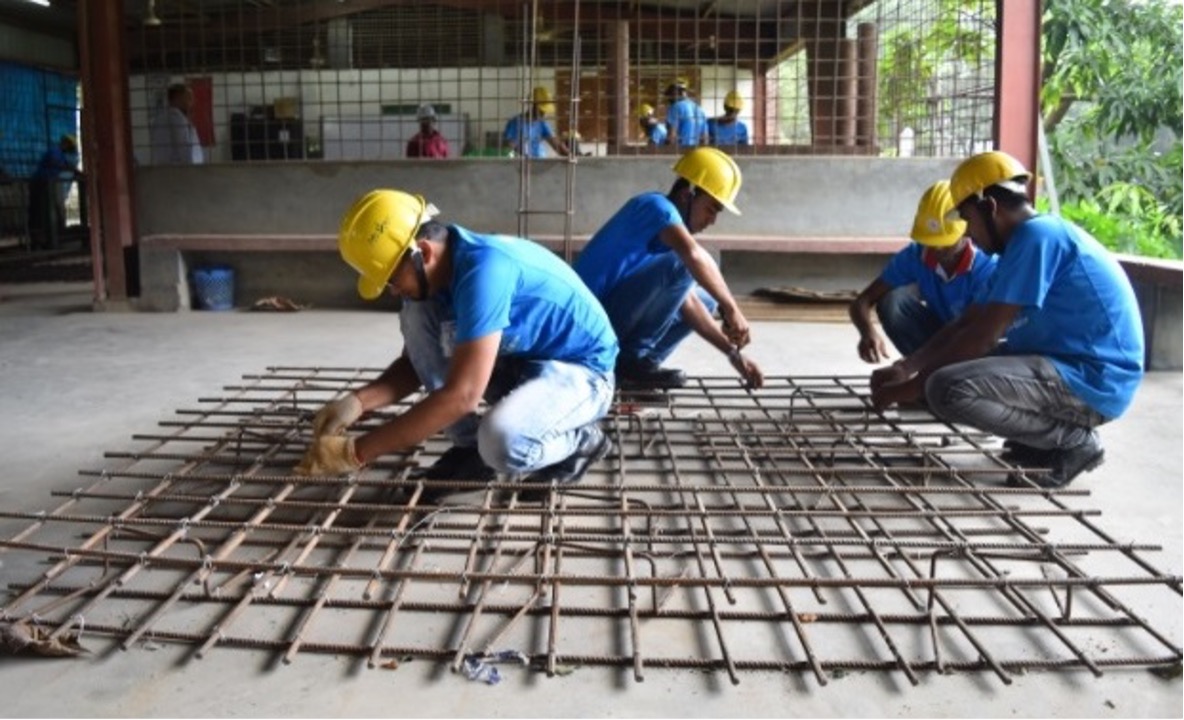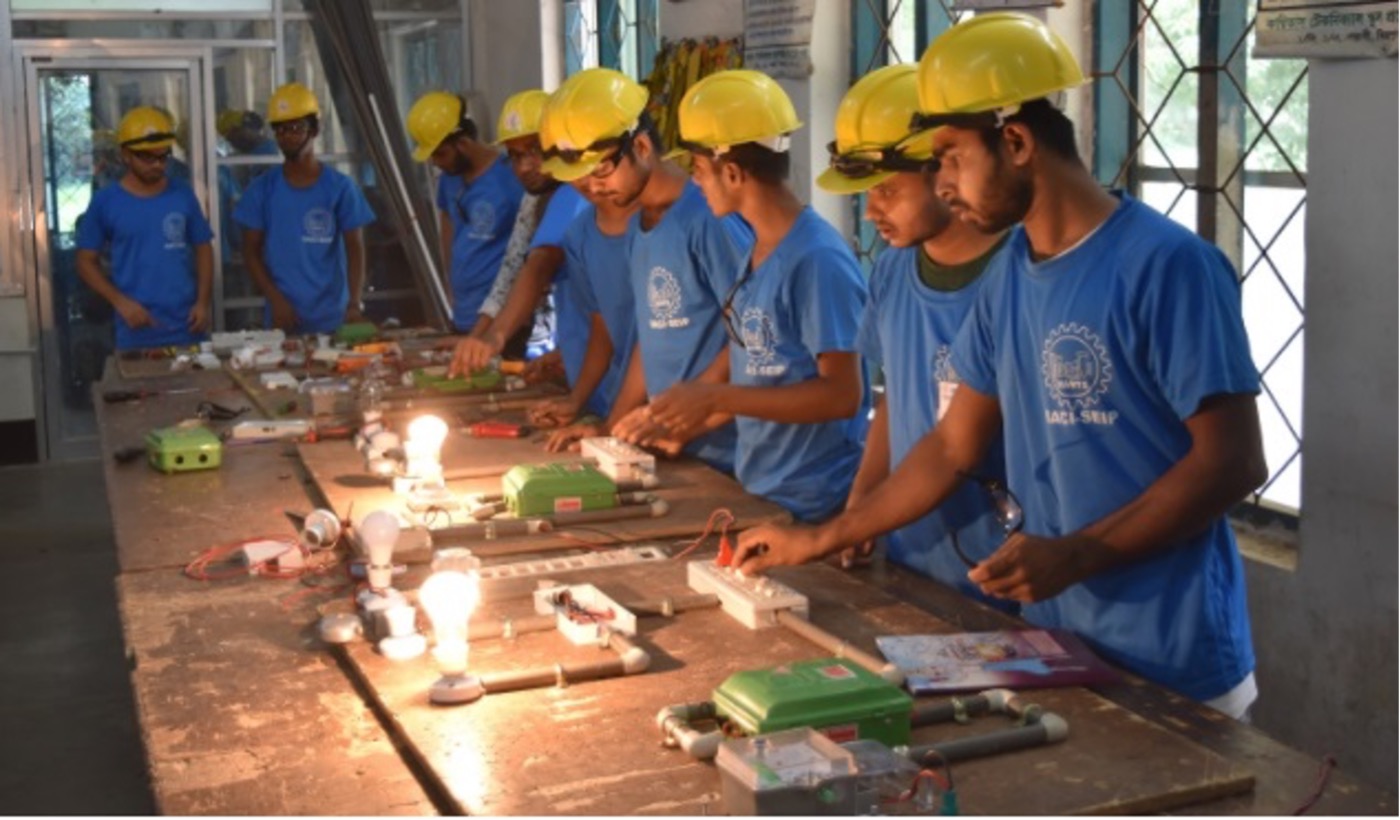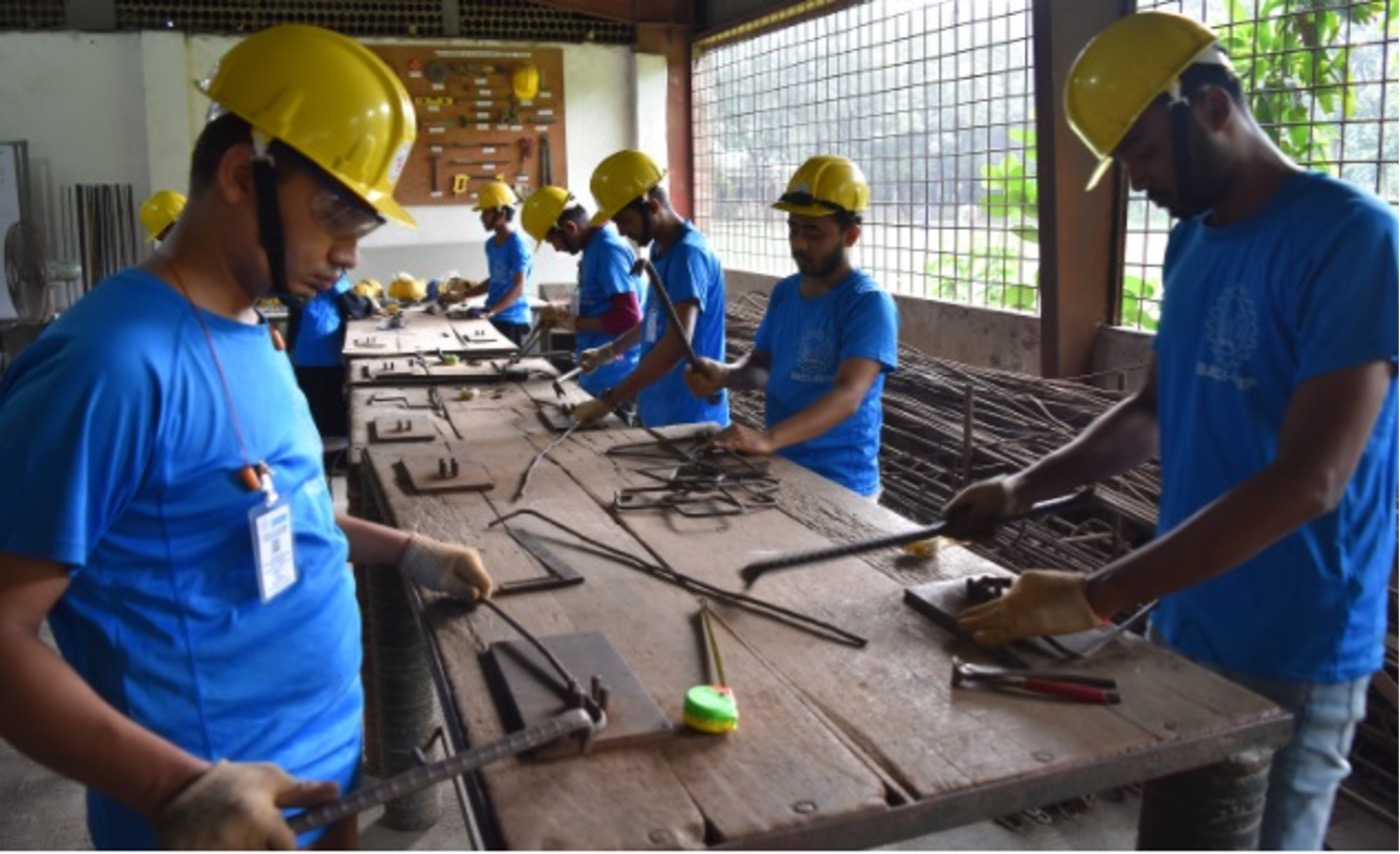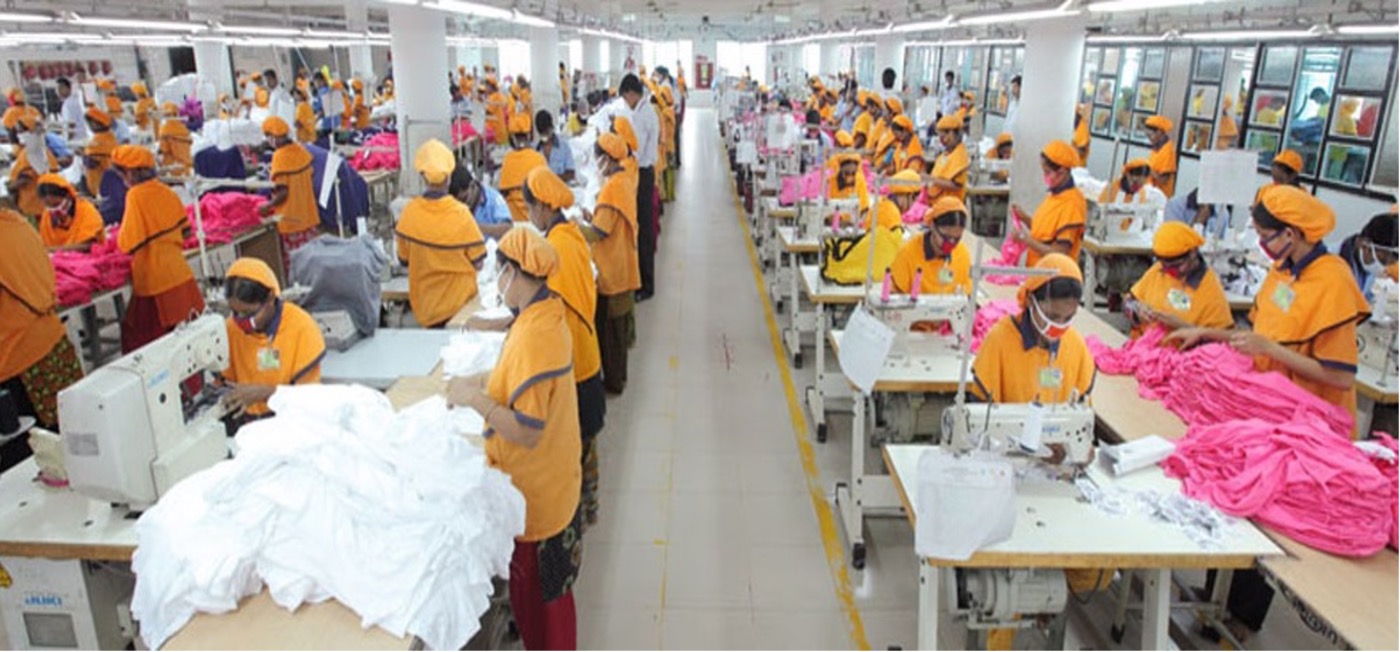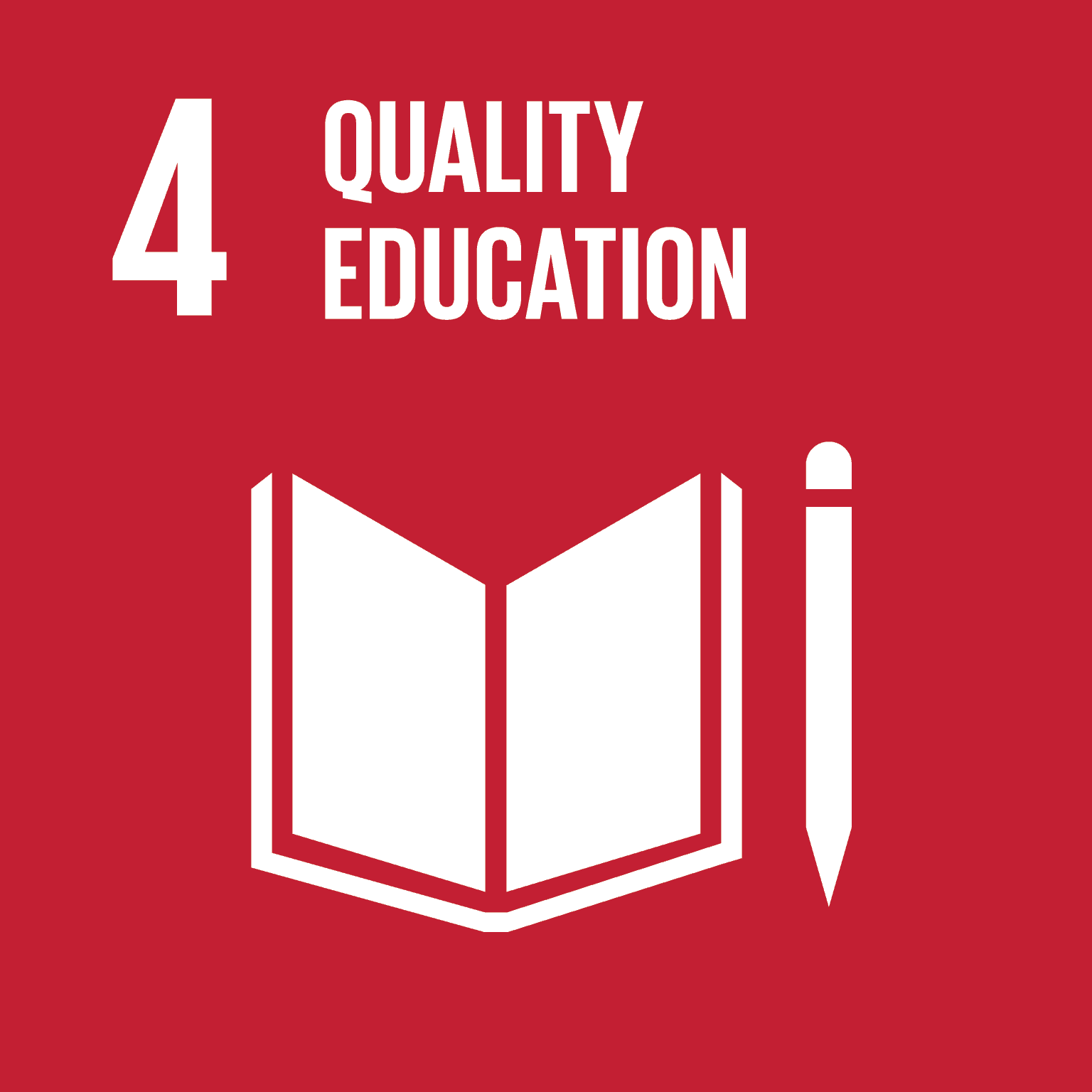 Skills for Employment Investment Programme (SEIP)
Towards a skilled workforce
Skills for Employment Investment Programme (SEIP)
Towards a skilled workforce

Challenges
Economic growth and employment opportunities in Bangladesh are restricted, among other things, by skills shortages. The current skills supply systems do not meet the skills demand because of inadequate throughput and a mismatch between supply and demand. The current production of skilled workers is not focused on industry demand and is segmented and poorly coordinated. The traditional skills training programmes produce a small number of graduates who tend to have inadequate pedagogical and technical skills. The process of selection and deployment of instructors in the public skills training institutions is also slow and inefficient.
The nature of the employment market in Bangladesh, with 87.5 percent of all employment being informal, has neither encouraged industry to engage significantly in formal training, apprenticeship or employment nor inspired potential workers to explore formal training to seek employment in domestic and foreign markets. As a result, the role of industry has remained largely marginal. There is a need to build a network of industry sectors, chambers of commerce, businesses, training institutions, potential employees and the government, and to earn their trust. In this respect it is essential to use the services of private sector think tanks and organizations, which enjoy solid linkages.
Towards a Solution
In order to accelerate its economic growth rates and establish link between education and employment, the Government of Bangladesh committed to improve skills development and training. It developed the Skills for Employment Investment Programme (SEIP) – a skills development programme for skilling new entrants and upskilling existing workforce to enhance the productivity and growth of priority industry sectors. A major component of the programme is a partnership between the government and the private sector through the country’s various industry associations.
The overall objective of the Skills for Employment Investment Programme (SEIP) is to increase the qualitative and quantitative capacity of public and private sector training institutions in Bangladesh to provide skills. It aims to do this by setting up and putting into operation a responsive skills ecosystem and delivery mechanism through a combination of well-defined funding triggers and targeted support. The programme supports training providers from different vocational institutions in meeting industry skills requirements. It is implementing a vocational trainer development programme and developing a skills assessment, certification and quality assurance system. Activities cover the whole of Bangladesh through both public and private sector training providers.
The programme targets key priority economic growth sectors identified by the government to improve entry-level job skills, as well as improving the skills of the existing workforce to bring them into line with industry standards. Training providers are encouraged to work with industry to address identified skills shortages to bring about economic growth and to increase employment by providing training in these skills. Eleven priority sectors have been identified to adopt a demand-driven approach, with effective input from Industry Skills Councils (ISCs), employer associations and employers. Training is provided by institutions from both the public and private sectors, and by non-governmental organizations (NGOs). Palli Karma-Sahayak Foundation (PKSF) partner NGOs are also being used to provide training through their well-established arrangements.
Initially, public training providers and associations are offering the courses available with them aimed at achieving the training target specified in the business plans that they have submitted to the Skills for Employment Investment Programme of the Skills Development Coordination and Monitoring Unit (SDCMU), using funds provided by the Asian Development Bank (ADB). Courses will be gradually reviewed and updated and will involve combinations of skill competencies aligned with standards for competency-based training, reflecting National Training and Vocational Qualifications Framework (NTVQF) requirements. Training courses are designed to ensure compliance with industry standards, government policies and regulations. Laws and regulations concerning occupational health and safety, workplace relations and employment conditions, life skills, teamwork, communication, technology usage, will be integrated into specific modules in all training courses.
The project will establish and implement a strategy to address the special needs of disadvantaged groups, such as women and ethnic minorities, and to ensure their participation. The plan is to support about total 841,680 trainees under the project, with additional funding allocations to support key target groups and innovative projects. This project addresses Sustainable Development Goals 4 (Quality Education) and 8 (Decent Work and Economic Growth), as well as the Istanbul Programme of Action (IPoA) Priority Areas 1 (Productive capacity) and 5 (Human and social development).
This a very innovative initiative taken by the Government of Bangladesh to ensure a skilled workforce for the national and international market can be replicated in other countries through South-South exchanges, in accordance with their need assessments and infrastructure. This pro- gramme is an excellent example of a joint initiative of public and private sectors with the support of Development Partners. The engagement of all government agencies related to skills development and the participa- tion of local NGOs ensure the sustainability of the project, as government has the main responsibility for improving the skills of the workforce.
Contact Information
Countries involved
Supported by
Implementing Entities
Project Status
Project Period
Primary SDG
Primary SDG Targets
Secondary SDGs
Secondary SDG Targets
Similar Solutions
| NAME OF SOLUTION | Countries | SDG | Project Status | |
|---|---|---|---|---|
360-Degree Awareness Tool to Fight COVID-19 Raising awareness and ensuring public wellbeing through a one-stop platform for fighting COVID-19 in Bangladesh |
Bangladesh | 16 - Peace and Justice Strong Institutions | Ongoing | View Details |
A-Card Initiative |
Bangladesh | 10 - Reduced Inequalities | Completed | View Details |
Accelerating Digital Transformation in All Ministries in Bangladesh Promoting the rapid design and implementation of plans to digitize all ministries and subordinate government institutions in Bangladesh |
Bangladesh | 10 - Reduced Inequalities | Ongoing | View Details |
Accelerator Labs Network Following collective intelligence methods to address emerging sustainability challenges and the growing demand for local solutions |
Bangladesh | 08 - Decent Work and Economic Growth 13 - Climate Action | Ongoing | View Details |
Accessibility of Financial Services and the Private Sector in Africa Maximizing the impact of financial cooperation on economic development and industrialization in Africa |
Bangladesh | 08 - Decent Work and Economic Growth | Completed | View Details |
